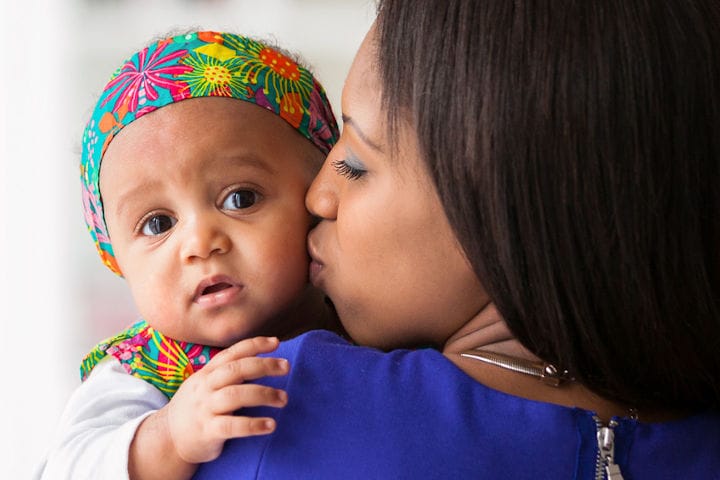University of Wisconsin-Madison Prevention Research Center
Populations of Focus: women and children experiencing health-limiting social, environmental, or economic conditions
Topic Areas: maternal depression, infant development, community health worker support and preparedness, vaccine confidence, translation of evidence into practice
Introduction, Mission, and Vision
The University of Wisconsin-Madison Prevention Research Center (UWPRC) is one of 26 Prevention Research Centers (PRCs) supported by the Centers for Disease Control and Prevention (CDC) for the 2019–2024 funding cycle. Each PRC is funded to establish and maintain their center and to conduct a core research project. PRCs may receive supplemental funding to conduct additional research projects and activities.
UWPRC’s mission is to improve the health of women and families experiencing health-limiting social, economic, or environmental conditions. To accomplish this mission, it conducts high-quality, applied, health promotion and disease prevention research focused on health equity.
UWPRC partners with multidisciplinary academic researchers, public health practitioners, families, and community and government organizations. The goal is to develop a research and translation agenda that emphasizes the testing of policy and systems strategies in the CDC Health Impact Pyramid, which is designed to improve population health.
Core Research
Each PRC uses a community-engaged approach to conduct one primary applied public health prevention research project called a core research project. Project activities include design, development, implementation, evaluation, and dissemination. PRCs use at least 50% of their CDC funding to conduct the project in partnership with communities.
Addressing Postpartum Depression in Wisconsin Home Visiting Programs

Interventions can help nurture mother-infant relationships in the first year, especially for mothers experiencing depression.
UWPRC’s core research project for the 2019–2024 funding cycle adapts an intervention that has been proven to reduce symptoms of maternal depression and support infant attachment for use in home visiting programs. A pilot project is focusing on the effectiveness, dissemination, and implementation of a therapeutic approach designed to address depression in the postpartum period and support mother-infant and family relationships.
“We are fortunate to be able to refine a two-generation intervention focused on mother-infant and family relationships specifically for mothers experiencing depression in the first year,” said Roseanne Clark, PhD, co-principal investigator for UWPRC.
This project adds a Mother-Infant Therapy Group into federally funded home visiting programs in urban, rural, and tribal communities in Wisconsin. Pilot studies have shown that these groups can reduce depressive symptoms in mothers, while also strengthening the mother-infant relationship for healthy infant development.
Additional Research
PRCs may receive supplemental funding to work on additional research projects each funding cycle. These Special Interest Projects (SIPs) focus on a variety of health topics or gaps in scientific evidence. PRCs can also conduct additional research as part of SIP Thematic Research Networks, which are groups of PRCs working together on related health topics.
Electronic Health Record Study to Examine Factors and Diagnostic Pathways that Facilitate Early Ovarian Cancer Diagnoses
This SIP will look through the electronic health records from three major Midwestern health care systems at the University of Wisconsin-Madison, University of Iowa, and University of Minnesota to develop a machine learning model that can be used for identification of women who are likely to have early-stage ovarian cancer.
PRC Vaccine Confidence Network (PRC VCN)
In April 2021, CDC funded a 12-month award to all 26 PRCs to form the PRC VCN in support of the agency’s Vaccinate with Confidence strategy for COVID-19. As part of this network, UWPRC is partnering with a member of its Community Advisory Board (Southwestern Wisconsin Community Action Program) to serve rural communities in the state. The goal to reduce the incidence of COVID-19 in the United States.
The center is using a community-based intervention that includes a message campaign featuring local champions—faith leaders, local business owners, and health care providers—and their personal stories with COVID-19 and vaccination. UWPRC’s strategy also includes collaborating with partners to provide accessible, credible, and timely information about COVID-19, vaccines, and vaccination and “on the ground” outreach.

Location: Madison, Wisconsin
Principal Investigator/Director: Jill Denson, PhD, MSW, APSW
Email: prc@wisc.edu